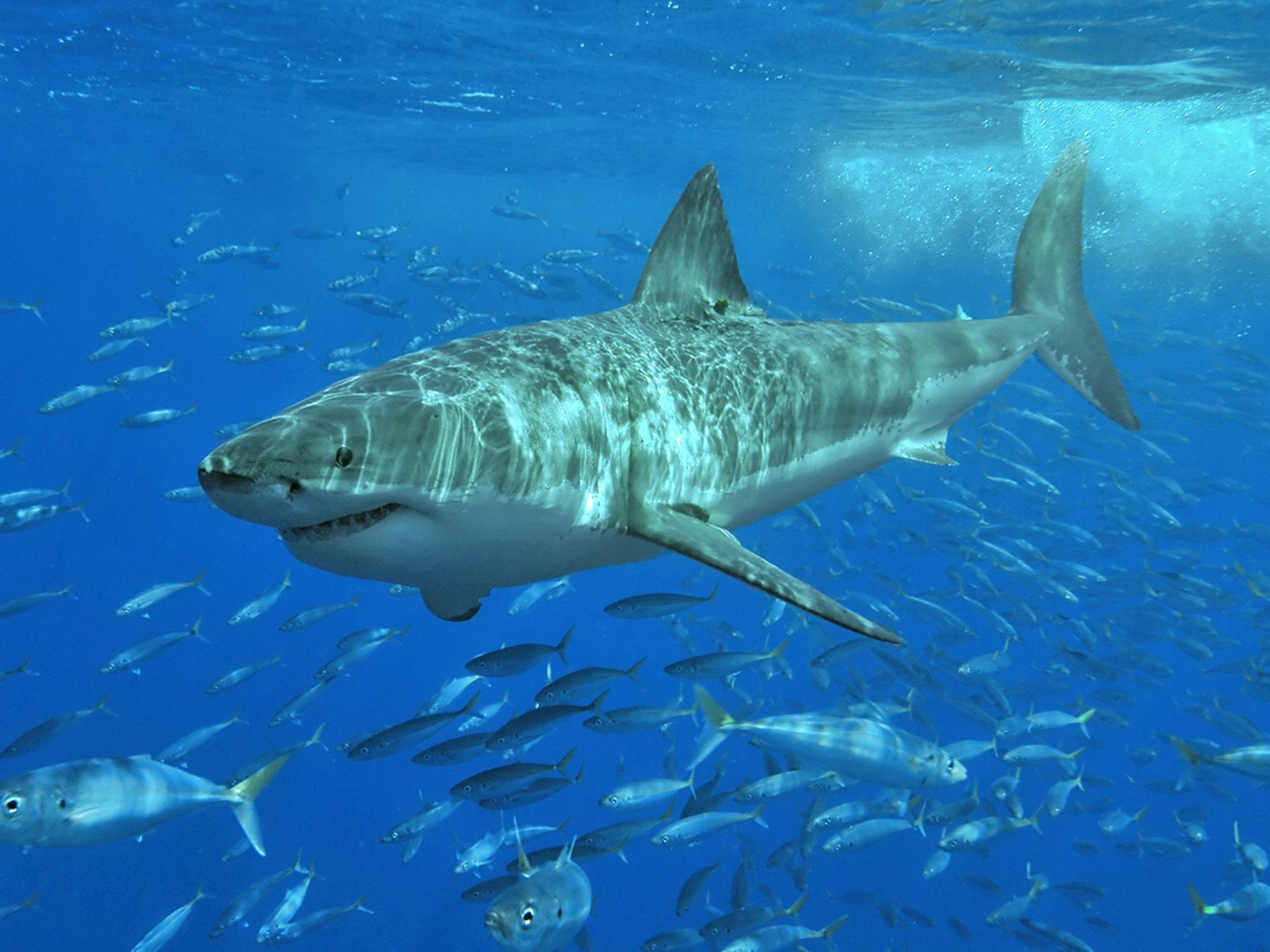Humans and global warming to blame for sharp rise in shark attacks, study finds
Scientists believe building work, pollution and tourism linked to rise in maulings

Human activity in coastal development, pollution and tourism activities such as scuba diving are partly to blame for a record number in shark attacks worldwide, scientists have found.
Researchers at Bond University in Queensland, Australia, found human interference with the animals’ habitat - and global warming - is causing the sharp rise.
Shark attacks on people have significantly increased in recent years. There were 98 reported bites last year – a 11 per cent increase on the previous record of 88 in 2000 and a 69 per cent rise in the last decade.
Some 84 per cent of shark bites occurred in just six countries or territories: the USA, South Africa, Australia, Brazil, the Bahamas and Reunion. More than half took place in US waters, with Florida the most frequent location.
Dr Blake Chapman and Dr Daryl McPhee, who conducted the study, believe a combination of pollution, coastal development and tourist activity is partly to blame for the increase in attacks. Climate change is thought to have the greatest impact of all, as warmer seas allow shark populations to increase rapidly.
They said: “Coastal development and infrastructure can have major environmental implications on the distribution of sharks, and this can flow on to the number of unprovoked shark bites”.
In Recife, Brazil, for example, the construction of a new port resulted in a sharp rise in the number of sharks mauling people, as destruction of their habitat forced them to move closer to humans.
The researchers said: “Unprovoked shark bite was virtually unheard of in Recife prior to the construction and operation of the Suape Port."
“However, due to environmental changes displacing local shark species and the presence of increased shipping activity, Recife is now renowned for having one of the highest rates of shark bites per unit area in the world”.
Assessments of new building work should include the impact on shark populations and the effect this will have on the likelihood of people being bitten, they added.
Changes in the law and an increase in tourism have also been blamed for causing more shark attacks.
In the Bahamas, authorities banned commercial shark fishing in 2011 in order to protect the lucrative industry in operating shark dives for tourists. Although no immediate impact has been detected on the number of shark bites since then, the increase in the shark population means future attacks could be more likely.
And in the Indian Ocean island of Reunion, new regulations on shark hunting led to a boom in the number of the animals, forcing authorities to ban swimming, surfing and bodyboarding on more than half of its coast.
Most attacks are carried out by white sharks, bull sharks and tiger sharks. Although maulings in British waters are rare, some of the most dangerous areas are in holiday destinations popular with British tourists.
Join our commenting forum
Join thought-provoking conversations, follow other Independent readers and see their replies
Comments
Bookmark popover
Removed from bookmarks